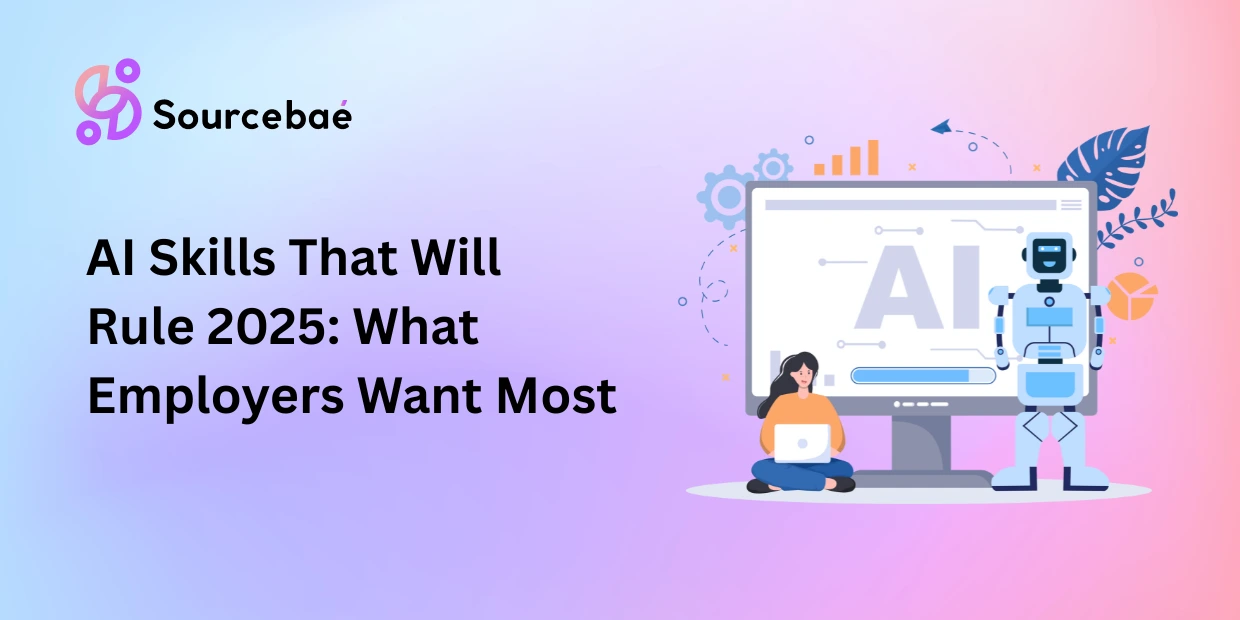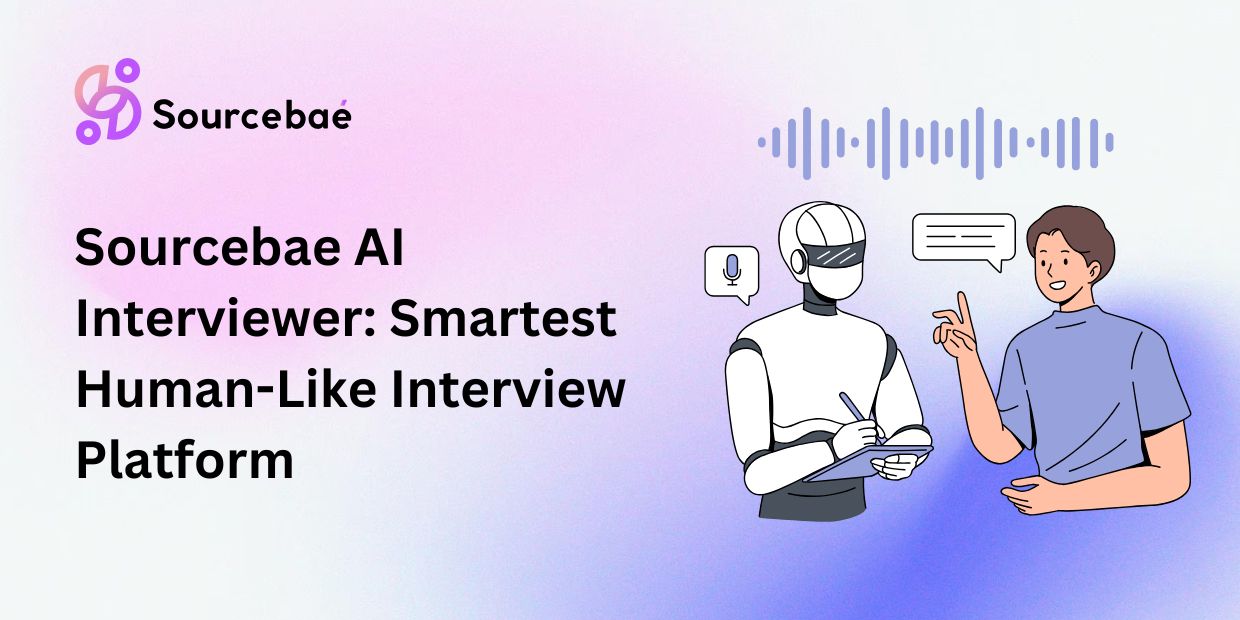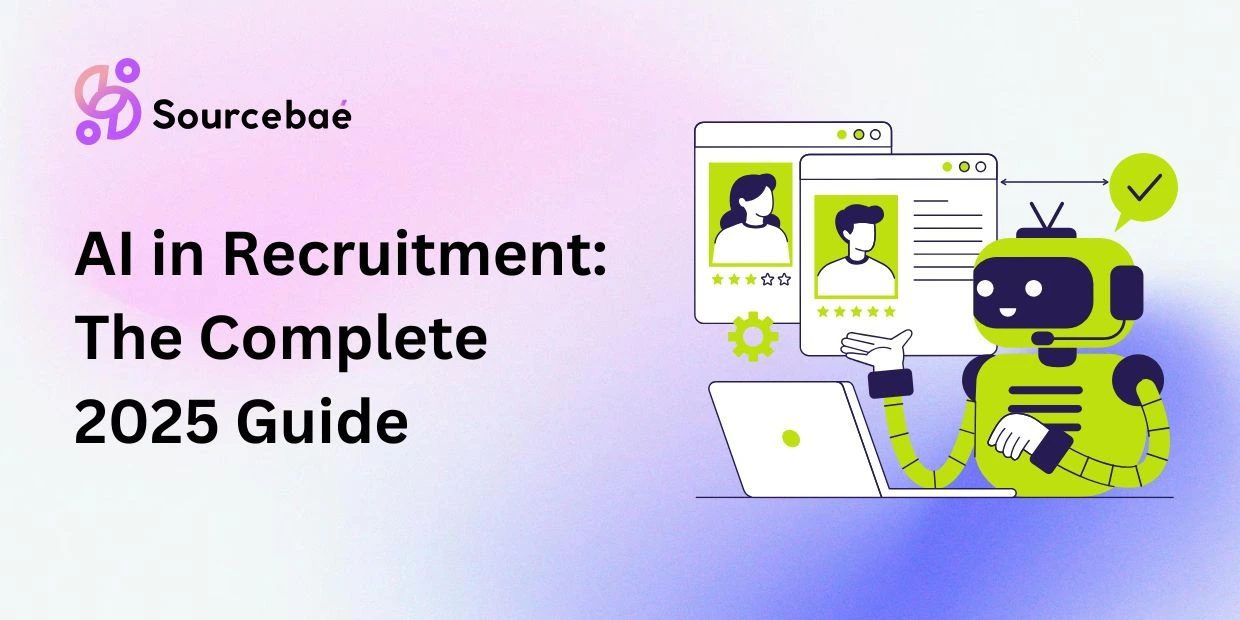In the ever-evolving world of technology, artificial intelligence (AI) has emerged as a game-changer in various industries, and education is no exception.
The power of AI in education is revolutionizing the way we approach learning and teaching. From personalized learning experiences to enhanced administrative processes, AI has the potential to reshape the entire education landscape.
The Power of AI in Education
Artificial intelligence, a branch of computer science that simulates human intelligence, has demonstrated its prowess in transforming the education sector. Let’s delve into the various aspects that highlight the power of AI in education.

1. Personalized Learning with AI
One of the most significant advantages of AI in education is its ability to offer personalized learning experiences. AI-powered algorithms can analyze students’ learning patterns, strengths, and weaknesses to tailor educational content accordingly.
This ensures that each student receives a curriculum tailored to their specific needs, enabling them to learn at their own pace and grasp concepts more effectively.
2. Smart Content Creation and Curation
AI-driven content creation and curation tools have simplified the process of developing high-quality educational materials. From automated essay graders to smart content recommendation engines, AI is streamlining the production and distribution of educational content, making it more accessible to learners worldwide.
3. Enhanced Administrative Efficiency
AI plays a vital role in optimizing administrative tasks within educational institutions. From automating admissions and enrollment processes to managing student data and attendance, AI-powered systems free up valuable time for educators and administrators to focus on fostering a conducive learning environment.
4. Intelligent Tutoring Systems (ITS)
Intelligent Tutoring Systems leverage AI to act as virtual tutors, providing immediate feedback and personalized guidance to students. ITS can identify areas where a student is struggling and offer targeted assistance, making the learning process more efficient and productive.
5. Gamification and Interactive Learning
AI has revolutionized the concept of gamification in education, making learning more engaging and interactive. By integrating AI-powered gamified elements, educational platforms can motivate students, spark their curiosity, and foster a love for learning.
6. AI-Enabled Language Learning
Language learning apps and platforms now employ AI to enhance language acquisition. AI algorithms analyze learners’ pronunciation, vocabulary, and grammar, providing real-time feedback to facilitate language learning in an immersive and efficient manner.
7. Virtual Classrooms and Remote Learning
The power of AI has become especially evident in the wake of the COVID-19 pandemic, as it enabled the rapid transition to virtual classrooms and remote learning. AI-driven platforms facilitate seamless online interactions, making education accessible from anywhere at any time.
8. Adaptive Assessments and Feedback
AI-driven assessments adapt to each student’s performance, ensuring that the questions are challenging yet appropriate. This approach provides a fair evaluation of students’ knowledge and offers valuable insights to educators for further improvement.
9. Smart Content Recommendations
AI’s ability to analyze learners’ preferences and learning patterns enables it to suggest relevant and insightful content. By offering personalized content recommendations, AI encourages self-directed learning and deeper engagement with the subject matter.
10. Early Intervention for At-Risk Students
AI’s data analysis capabilities can identify students who may be at risk of falling behind in their studies. By recognizing early warning signs, educators can intervene proactively to support struggling students and prevent potential academic setbacks.
11. AI and Special Education
AI has shown great promise in the realm of special education by offering tailored learning experiences to students with diverse learning needs. AI-powered tools assist educators in creating customized lesson plans and interventions for individual students.
12. AI-Enhanced Educational Assistants
AI-driven educational assistants, like chatbots, are becoming more prevalent, offering instant support and answering common queries from students. These virtual assistants enhance the overall learning experience and reduce the burden on educators.
13. AI in Curriculum Design
AI’s analytical capabilities can identify gaps and weaknesses in existing curricula, leading to more effective and comprehensive educational programs. By harnessing AI insights, institutions can continuously improve their offerings to meet the evolving needs of learners.
14. Ethical Considerations in AI Education
While AI offers numerous benefits, it also raises ethical concerns regarding data privacy, biases, and the potential dehumanization of the learning experience. Educators and policymakers must address these issues to ensure responsible and equitable use of AI in education.
15. AI and Teacher Professional Development
AI can enhance professional development for educators by offering personalized training and resources based on their individual needs and teaching styles. This empowers teachers to continually grow and refine their instructional practices.
16. AI-Driven Career Guidance
AI-powered career guidance tools assist students in making informed decisions about their future. By analyzing individual strengths and interests, these tools suggest suitable career paths and educational opportunities.
17. AI and Educational Research
AI’s data analysis capabilities are invaluable in educational research. From large-scale data mining to sentiment analysis, AI can extract valuable insights from vast amounts of educational data.
18. AI-Enabled Learning Analytics
Learning analytics powered by AI provides a comprehensive view of student performance and engagement. Educators can use these insights to identify areas of improvement and optimize their teaching strategies.
19. AI and Learning Disabilities
AI offers promising solutions for students with learning disabilities. By personalizing learning experiences and providing targeted interventions, AI helps bridge the learning gap for these students.
20. AI-Driven Textbooks and Study Resources
AI-generated textbooks and study resources offer dynamic content, constantly updated to reflect the latest developments in various fields. This ensures that students have access to accurate and relevant information.
21. AI and Language Translation
AI-powered language translation tools facilitate cross-cultural communication and learning by breaking language barriers. This opens up a world of educational resources and opportunities for learners worldwide.
22. AI in Educational Governance
AI can assist educational policymakers in data analysis and decision-making, leading to more effective governance and resource allocation in the education sector.
23. AI and Virtual Laboratories
Virtual laboratories powered by AI enable students to conduct experiments and simulations in a safe and cost-effective environment. This hands-on experience enhances understanding and knowledge retention.
24. AI-Enhanced School Safety
AI-based surveillance systems can help improve school safety by identifying potential security threats and ensuring a secure learning environment for students.
25. AI and Lifelong Learning
AI empowers learners of all ages to engage in continuous, lifelong learning. By facilitating personalized learning pathways, AI encourages individuals to pursue knowledge and skills throughout their lives.
FAQs
- How does AI enhance personalized learning?
AI enhances personalized learning by analyzing students’ learning patterns, strengths, and weaknesses to provide tailored educational content and experiences.
- Is AI in education limited to virtual classrooms?
No, AI in education goes beyond virtual classrooms and includes various applications, such as personalized tutoring, smart content creation, and intelligent assessments.
- How does AI address the needs of students with learning disabilities?
AI addresses the needs of students with learning
disabilities by providing personalized learning experiences and targeted interventions based on their unique requirements.
- What are the ethical considerations of using AI in education?
Ethical considerations include data privacy, biases, and ensuring that AI complements rather than replaces human interaction in the learning process.
- How can AI improve career guidance for students?
AI can improve career guidance by analyzing students’ strengths and interests to suggest suitable career paths and educational opportunities.
- What role does AI play in educational research?
AI plays a significant role in educational research by analyzing vast amounts of data, providing valuable insights, and supporting evidence-based decision-making.
Conclusion
The power of AI in education is transforming the way we learn and teach, offering personalized experiences, enhancing content creation, and revolutionizing administrative tasks.
While AI presents exciting opportunities, it also comes with ethical considerations that require careful deliberation.
By leveraging AI responsibly, the education sector can create a more inclusive, efficient, and engaging learning environment for learners worldwide.





